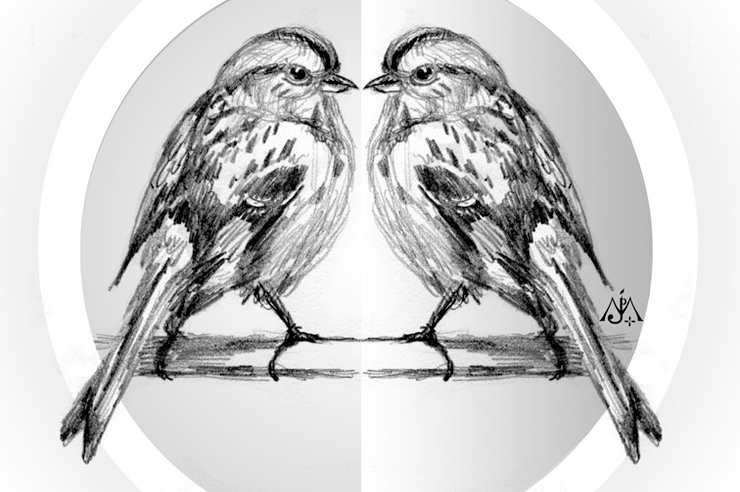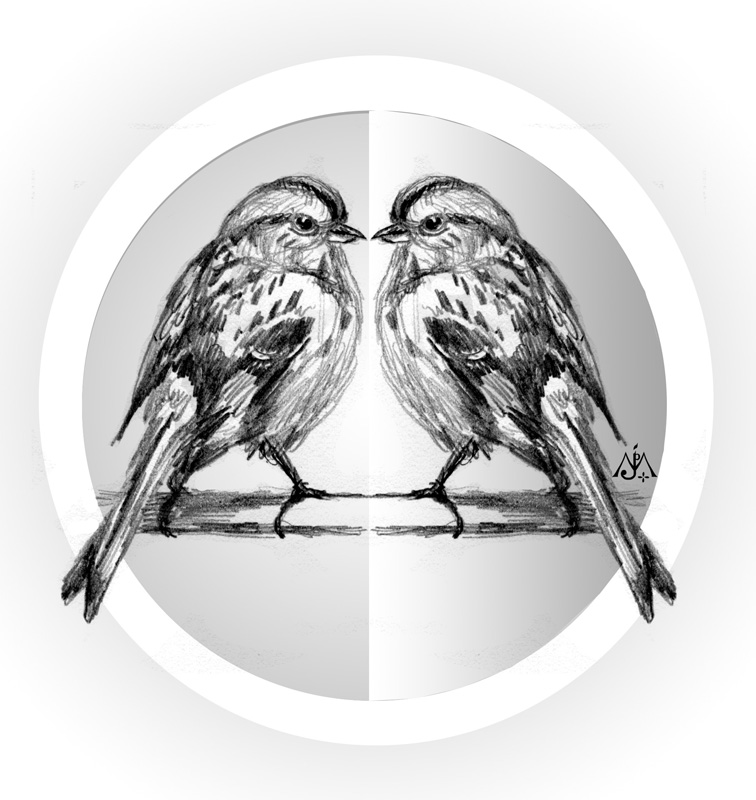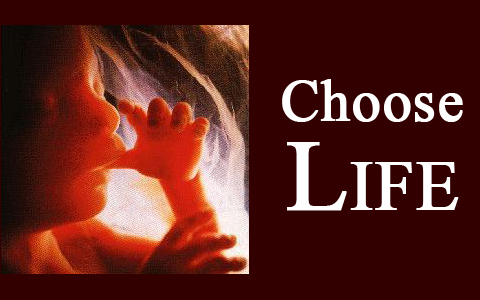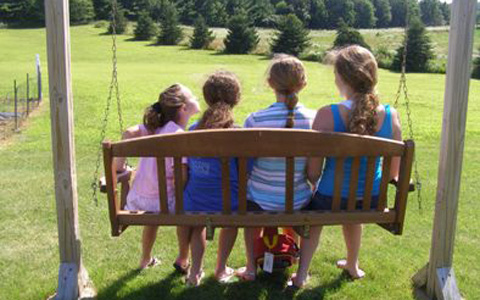Lorraine had noticed the bird before, but this last week the sparrow was back. It was attacking the side view mirror of our car. It would perch on the mirror, and then fly forward to hover in front of its own image. Tap! Tap! Tap! went its beak against the glass. It wasn’t clear whether the bird was attempting combat or courtship, but we could see that it was not going to go away; at least not as long as it could still see itself in the mirror.
It occurred to me that this “Tap! Tap! Tap!” was some sort of a signal…a coded message I should pay attention to. I’ve been swept up in preparations for the release of my next book. I’ve been hoping that my stories and illustrations will be well received; that folks who read the book will be kind; that I won’t have to pretend to be something or someone that I’m not.
I really don’t know how I’ll behave if I end up being asked to talk about the book on radio shows or online. I’ve had my ego stroked by the many kind comments about the online chapters of the book and the concept of series as a whole. These are temptations to a subtle losing of one’s way: to bask in “recognition” and perhaps to alter the course of one’s work so as to continue to claim accolades and awards.
Tap! Tap! Tap!
The bird has made a mess of the car. Because it’s obsessed with the image in the mirror, it neglects to notice that its droppings have covered its perch and even partially obscured its reflection. But it doesn’t stop. It can’t seem to get away from that other bird…the one that seems always to be just out of reach.
It occurs to me, and not for the first time, that we can become fixated on the events in our own little lives, and whether we love the movements of our current existence or hate them, the fixation itself can wreak not-so-subtle havoc. G. K. Chesterton likened the mind of an insane person to a ring, endlessly enclosed upon itself, whereas a healthy mind is like a cross, expanding to reach out to others, horizontally, and to God, vertically.
Peter Kreeft expands on this idea in his book The Philosophy of Tolkien by pointing out that in Tolkien’s The Silmarillion, the move from a flat, “mythical” earth to a round enclosed world represents the Fall. It also represents the ascendency of the materialist viewpoint over that of the supernaturalist.
This exaltation of the material over the supernatural is a great temptation for all of us, but particularly for artists and writers. Author and artist Michael O’Brien once described knowing creative folk whose work deteriorated because they chose to pursue recognition, accolades, and sales: these rather than remaining true to their original vision. And a truly original vision always involves the recognition that all talents are gifts from God, not something we’ve “made” ourselves and are thus entitled to exploit.
Tap! Tap! Tap!
I need to take a deep breath and remind myself of a few things. The most important of these is why I began painting and writing in the first place. My hope was to tap into my deepest sense of what the supernatural world, the real world, is all about. And that, for me, is most fully encompassed in the “fairy tale” known as Christianity.
The work we are put on this earth to do has nothing to do with self-obsession. It has nothing to do with working ourselves into an early grave to gain recognition, money, and awards. It has something to do, rather, with exploring the deepest realms “beyond the veil” and bringing back some shard of the beauty and excitement we find there to share with others.
If we do this faithfully, then it doesn’t matter whether we love or hate the immediate circumstances of our lives; what matters is why we do what we do. And if the focus is on understanding the incredible world that God has created, and passing on this understanding, awe, and gratitude, then the circle is broken; we’re able to walk away from the self-obsessions, the self-doubts, the self-aggrandizements. In fact, we can walk away from self entirely.
Tap! Tap! Tap!
I went outside yesterday and washed off the mirror. The sparrow watched from a nearby limb. Once the mirror was clean, I draped a washcloth over it and went back into the house. The bird returned, but only briefly. Without the image to fixate upon, it remembered the larger world around it and quickly flew away.
Editor’s Note: Jef Murray’s latest fictional writings can be found online at www.TheFramerunners.com. His artwork can be seen at www.JefMurray.com.














